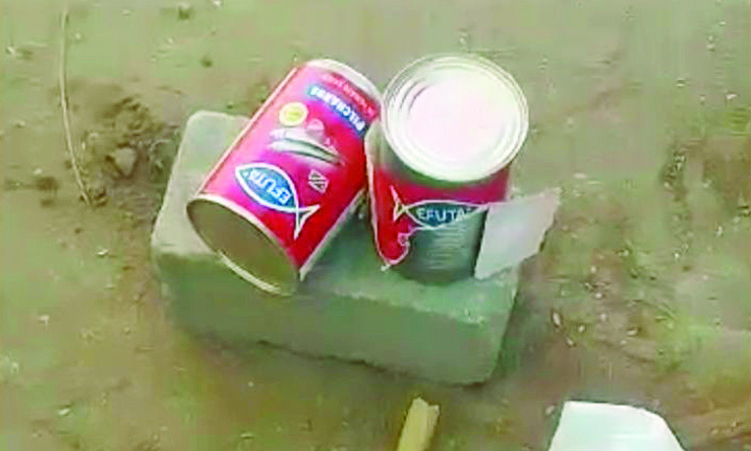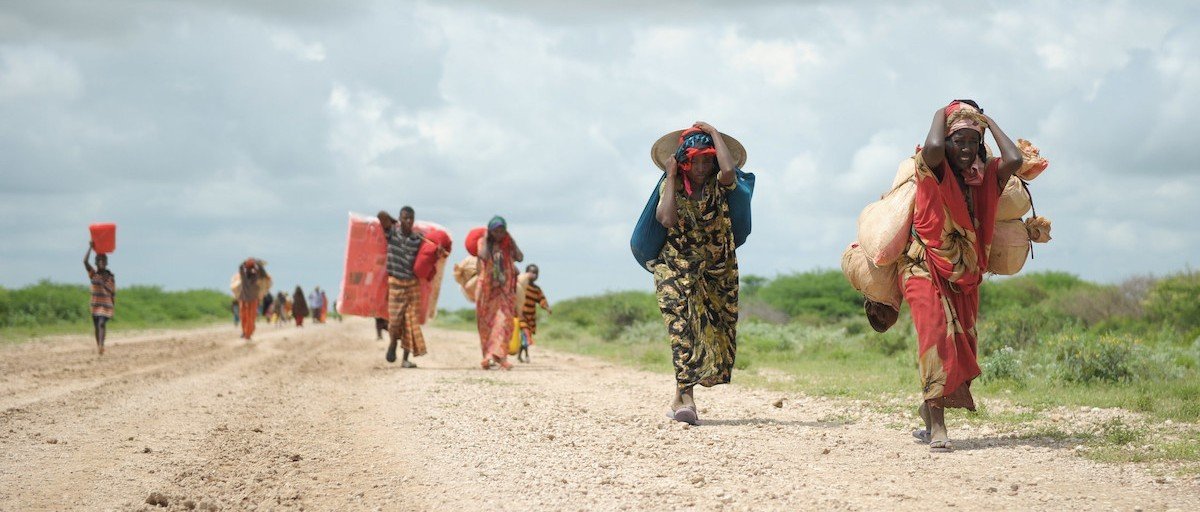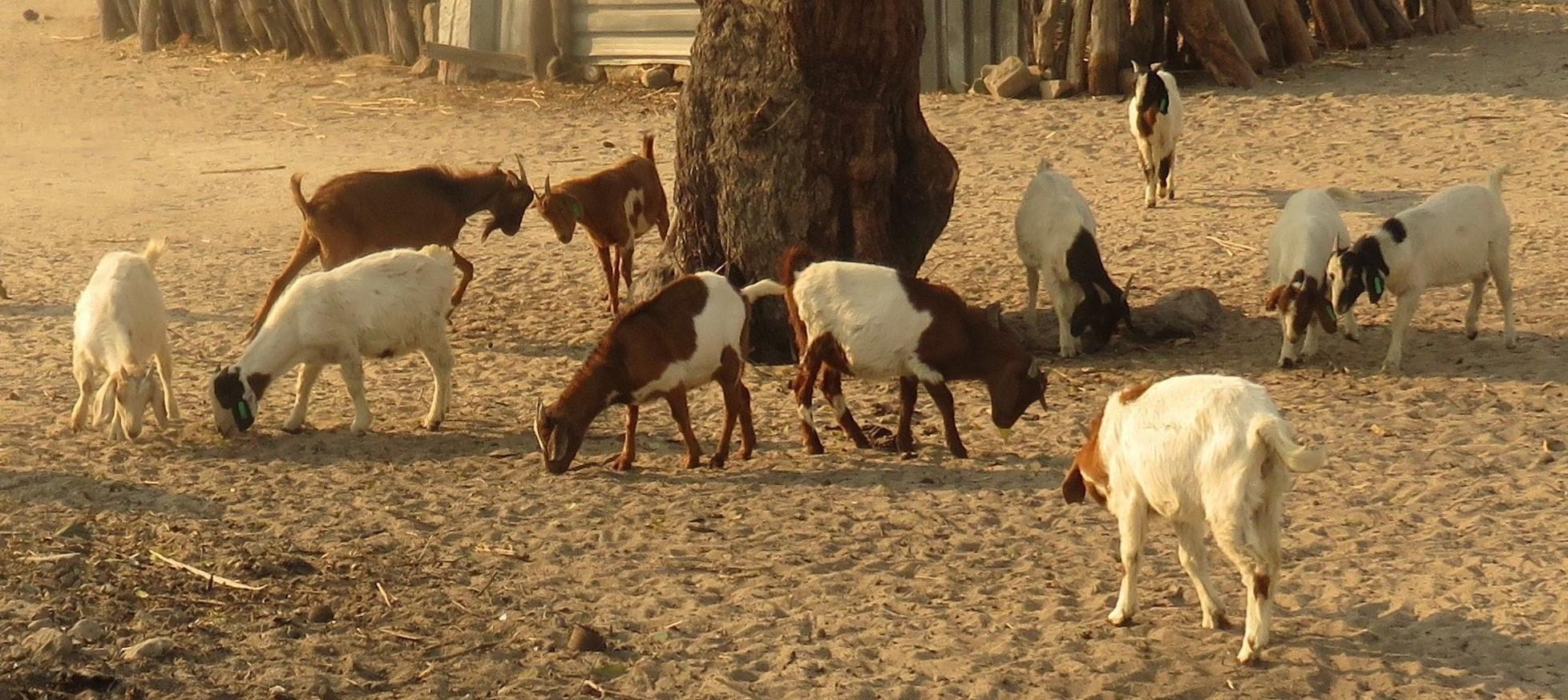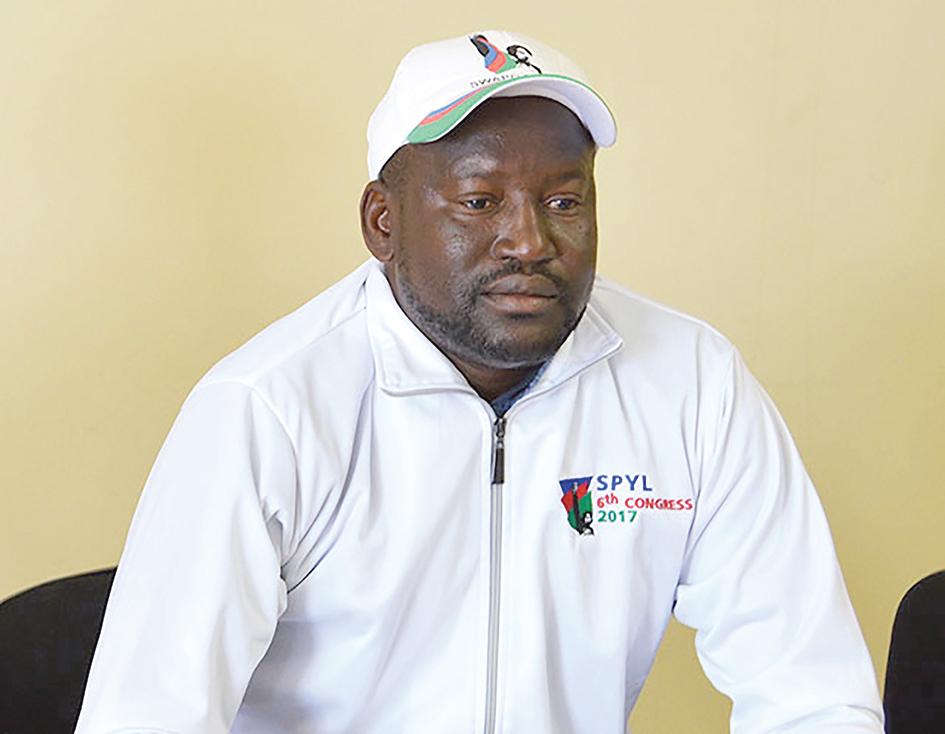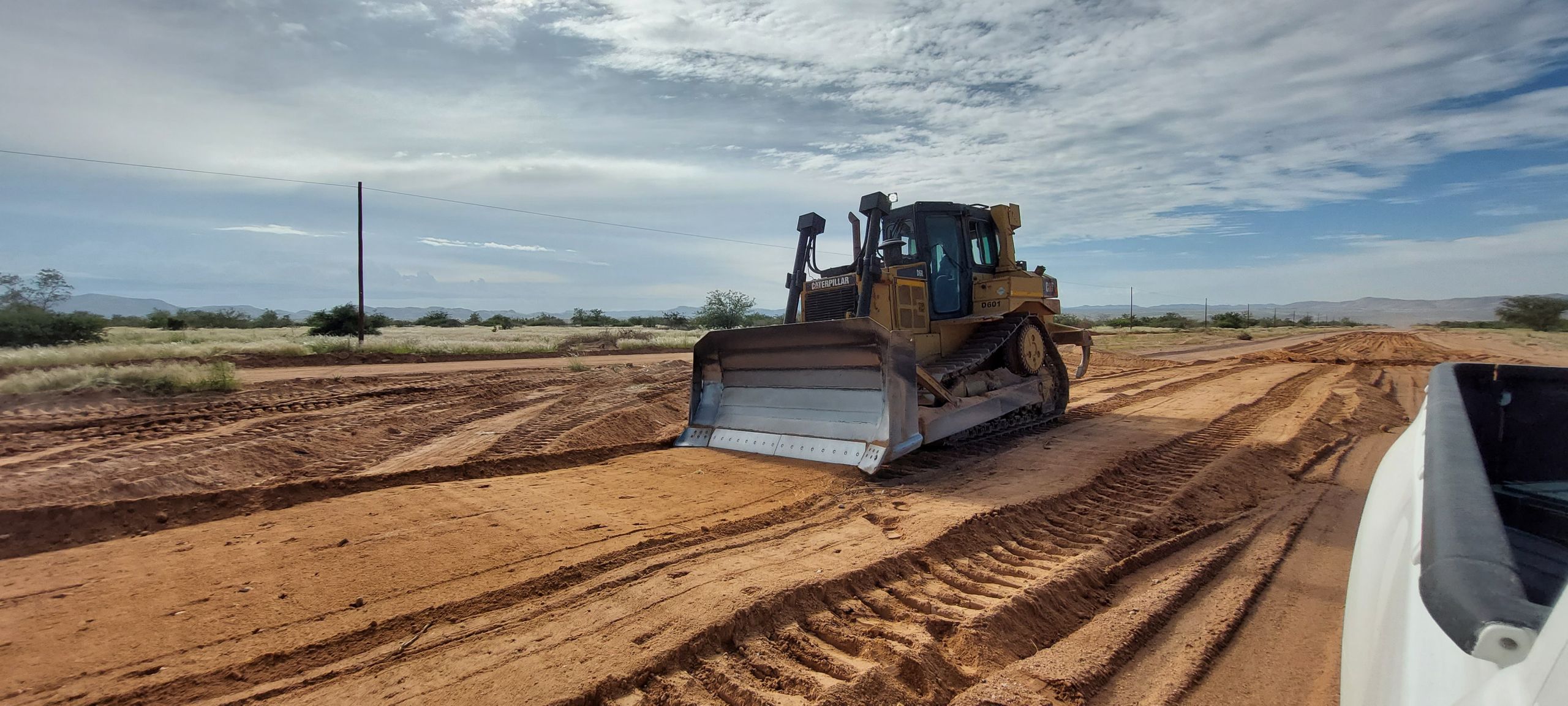… Ex-councillor on drought relief food
Former Karibib councillor Chris Nguherimo says there is not enough transparency in Karibib’s drought relief programme.
This comes after a video of drought relief food, consisting of 127 cans of tinned fish being dumped, went viral on social media.
Nguherimo has alleged that Karibib councillor Melania Ndjago only distributes drought relief food to Swapo members in the constituency.
“Melania must come out into the public and tell us what is going on within the office as far as the drought relief [food] is concerned.”
Nguherimo says councillors in other constituencies are moving heaven and earth to help residents in their constituencies during the drought period.
“We don’t need Swapo, we need food. We don’t eat politics. We drink water and sleep in houses,” he says.
Nguherimo says he has never received drought relief food, despite living at Otjimbingwe.
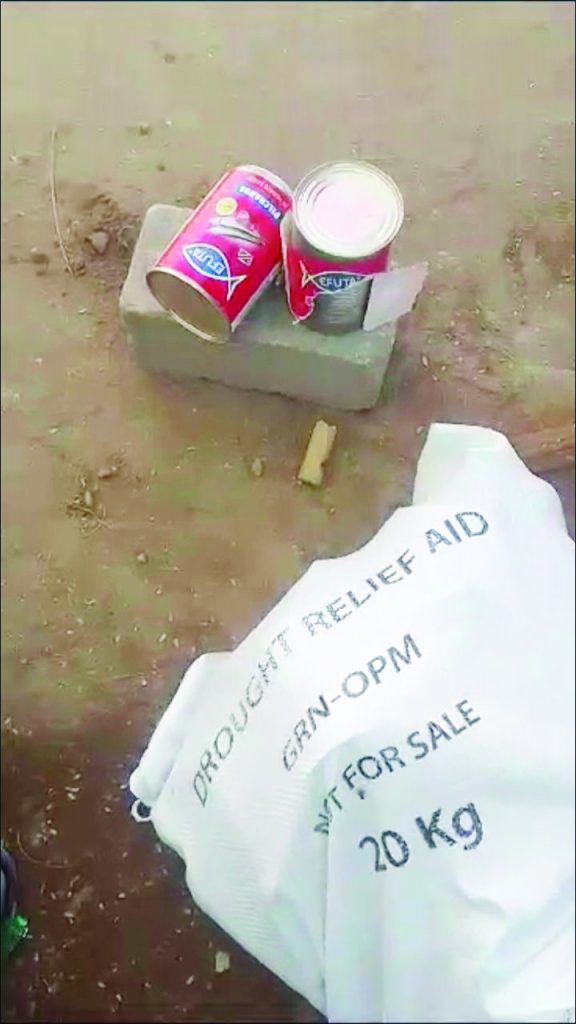
He called on councillors to be more transparent about the drought relief food being wasted.
“I haven’t received any of those tins of fish. Why haven’t I received drought relief food from the government when I don’t work? “If I, as a former councillor, am not getting drought relief food, what about those who have never had my position of privilege?”
However, Ndjago has denied allegations that she only gives drought relief food to Swapo members.
“That is not true. It’s name slandering. I have never done something like that. I’m not dealing with drought relief. Drought relief is done by the staff. The staff are the ones going out there every year.”
Ndjago says the drought relief programme is handled by the Office of the Prime Minister, who only provides drought relief in rural areas.
“We don’t give drought relief in towns. Drought relief is done by the prime minister’s office. We only give drought relief in rural areas.”
In terms of the viral video of the alleged expired food being dumped, Ndjago says the issue was caused by miscommunication.
“The food is not expired. I went there myself to check. The food is contaminated and not fit for human consumption,” she says.
Office of the Prime Minister spokesperson Rhingo Mutambo says the eligibility criteria for nationwide drought relief are rural households whose livelihood is farming affected by drought.
Mutambo says the household should not have a combined monthly income exceeding N$3 200. In addition, the household should not receive food relief from any sources equal to government food aid.
“The Office of the Prime Minister has targeted 341 855 households and 1,4 million people for the food assistance programme,” he says.
He further says the drought relief will not be allocated to urban residents, but to rural communities and those living close to urban areas.
“At the moment, the programme does not make provision for urban areas, only for vulnerable rural households, as per the above-mentioned criteria.”
“Recently, a Cabinet resolution approved the drought relief programme extension to cautiously include peri-urban areas, while they have maize or mahangu fields or livestock.”
Mutambo says peri-urban communities have been excluded from the food bank in the past despite their livelihood depending on farming and residing close to towns.
“On this basis, such communities now qualify for the drought relief programme based on the above-mentioned criteria,” he says.
The government will distribute drought relief food using both government transport and hired trucks to deliver food assistance from regional warehouses to the constituency distribution points, he says.
“Despite well-known challenges relating to transport logistics, coordination and staff, it is the government’s priority to ensure that all eligible beneficiaries receive the food parcels monthly.”
Stay informed with The Namibian – your source for credible journalism. Get in-depth reporting and opinions for
only N$85 a month. Invest in journalism, invest in democracy –
Subscribe Now!




